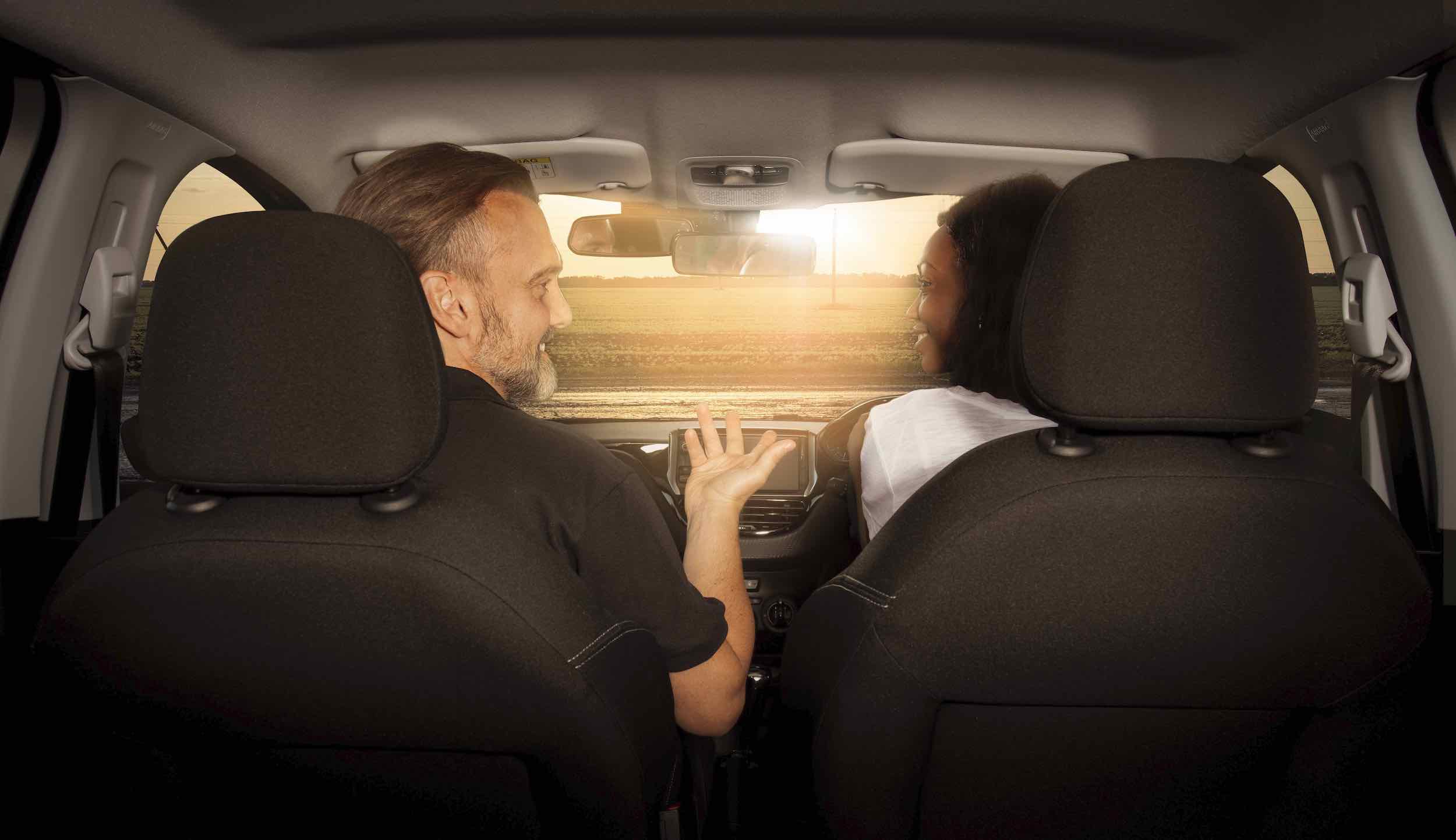Everything you need to know with BSM
Can Learner
Drivers Drive
At Night?

Can Learner Drivers Drive At Night?
Everyone out on the road is subject to the laws of the road, however, when you’re learning, there are a number of extra rules that you need to follow. A provisional licence permits you to drive pretty much anywhere it’s possible to drive, so long you have an instructor or a qualified driver sitting next to you.
The question is - are there any restrictions that relate to driving at night? Are you able to get out and practice at or is there some kind of curfew that only applies to learners? That’s exactly what we look at here, so that you know exactly where you stand with regards to night driving.
Does a Provisional Licence Cover You to Drive at Night?
There are some countries in which there are restrictions on when learner drivers are allowed to get out on the road, but the United Kingdom is not one of them. So long as you have appropriate insurance, a provisional licence and a suitably qualified driver with you, you can drive at whatever time of day or night you choose.
You will also need to correctly display your L Plates in England, Scotland and Northern Ireland or your D Plates if you’re driving in Wales. So, it’s legal to drive at night as a learner, but is it wise to?
Driving is More Dangerous at Night Time
There’s no doubt that when you drive at night, it’s more risky than during the day and this is why some insurance providers set their own curfew or raise your premiums if you’re likely to drive at night. It’s something that you will need to get used to eventually, so there’s nothing to stop you getting out there and obtaining some night driving experience.
That said, we wouldn’t recommend that you try to run before you can walk, so you should perhaps get some daytime driving under your belt first. Once you’ve found your feet, perhaps phase in your night driving gradually to get used to it.
What Makes Driving at Night More Difficult?
The reason why it’s trickier to drive at night is because your spatial awareness and hazard perception are both reduced when you’re relying on the lights coming from other cars to see. In these conditions, t’s very easy to become disoriented, especially when you’re driving along roads that you’re not completely familiar with.
Then you’ve got the issue of glare, which can be difficult to deal with until you learn to look to the side of oncoming headlights in order to avoid the dazzle that leads to night blindness. Night time driving is more difficult for these reasons and more besides, so if you’re able to, you should choose the right moment to introduce it into your learning.
Don’t Avoid Night Driving - Just Respect It
Living in the UK, it’s hard to avoid driving when it’s dark, particularly during the winter when the sun sets at around 4pm! You should try to get out and drive in these conditions at some point as having to avoid driving when its dark will really restrict your freedom when you’ve got your full licence.
Even if you’ve passed your test, driving at night can take some getting used to, so it’s a good idea to have someone experienced with you the first time. Once you’ve gotten used to it, you’ll probably feel much more relaxed having been through it already, so don’t avoid night driving, just see it for what it is - an element that makes driving more difficult - like rain or fog.
Don’t Worry - Driving at Night Just Takes Time
So, there you have it. Driving at night is perfectly legal for you as a learner driver, so long as you’ve got an experienced, qualified driver with you and you have insurance that covers you to do so. There are no hard and fast rules about when to start night driving, so when you do it is really up to you.
Just make sure that you have a talk to an experienced driver about what to watch out for and properly familiarise yourself with your light controls so that you can operate them in the dark. Do all this and you’ll be night driving with ease in no time.